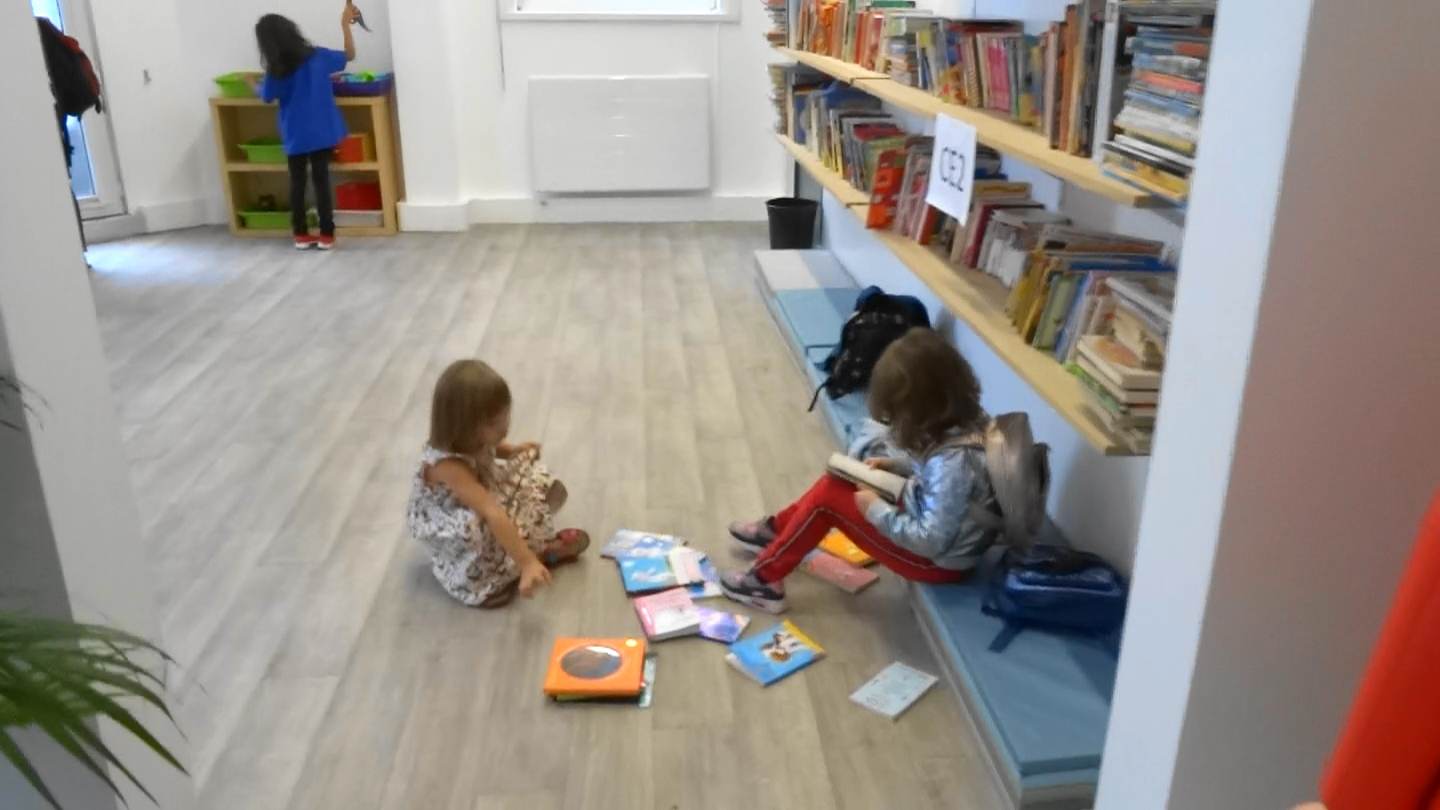
The integration of expatriate children into a new country and school system presents a significant challenge for families. Adapting to a new language, cultural norms, and unfamiliar educational expectations requires young learners to adjust to a reality that often feels foreign. How can schools play a pivotal role in the successful integration of expatriate children? This article explores effective educational strategies and essential support systems that can help these children navigate the complexities of this transition. It also highlights how École Galilée, an international school in Paris, provides practical solutions to ease children’s adaptation and promote successful integration.
The challenges faced by expatriate children
Overcoming linguistic and cultural barriers
One of the primary challenges expatriate children face is the language barrier. When arriving in a country where the language of both the country and education is different, these children must not only learn to communicate in a new language, but also understand the social and cultural norms of the host country. This process can lead to feelings of isolation, frustration, and even delays in academic progress.
These challenges are especially pronounced when the language of instruction is complex or when children join the education system at a later stage. Schools like École Galilée, a bilingual institution in Île-de-France, provide an environment that eases adaptation by offering a progressive language learning approach, making the transition between the home country and the host country smoother.
Adapting academically to a new school system
Expatriate children often face educational systems that differ from what they were accustomed to. Teaching methods, curricula, and even the subjects taught can vary significantly depending on the country of origin. These differences may lead to confusion and difficulty in meeting the academic requirements of the host country. Grading systems, assessment practices, and expectations can appear daunting, further complicating academic adjustment.
In a private school such as École Galilée, personalized support in a bilingual environment helps students ease this transition and assist students in better adapting to the academic demands of the French system.
Navigating social and emotional integration
Beyond linguistic and academic challenges, social integration is another major obstacle for expatriate children. Forming friendships, understanding social dynamics, and adapting to new traditions can be challenging. Cultural differences, shyness, and fear of exclusion can hinder their emotional well-being, impacting their overall integration into school life.
The role of schools in supporting successful integration
A bilingual environment to allow for gradual immersion
To address language barriers, schools play a fundamental role by offering bilingual education that facilitates gradual immersion. At École Galilée, students learn two languages simultaneously—often French and English—easing their transition into the academic and social environment of the host country. Regular exposure to both languages allows children to develop fluency while fostering confidence in their new surroundings.
Daily interactions with their peers and teachers in both languages also enhance their cultural understanding and openness, while facilitating their social adaptation.
Personalized teaching tailored to each child
Adapting to a new school curriculum is made significantly easier with individualized teaching approaches. From its bilingual nursery school onwards, École Galilée offers tailored support, allowing students to progress at their own pace. This is particularly beneficial for expatriate children who may face challenges in adjusting to different teaching methods and curricula.
Differentiated teaching ensures that students overcome difficulties while building on their strengths. Teachers adapt their methods to address specific needs—whether linguistic, academic, or emotional—helping children manage the stress associated with starting fresh in a new school system.
Fostering social and intercultural integration through group activities
Education goes beyond academics; it also plays a crucial role in social integration. Schools foster social cohesion through group projects and intercultural activities, giving students the opportunity to connect and develop interpersonal skills. These initiatives help children embrace diversity and appreciate the cultural richness of their peers.
Participation in multicultural events encourages friendships and reduces feelings of isolation, creating an inclusive school environment that promotes mutual understanding.
Partnering with parents : a vital component of integration
Engaging parents in their child’s education
Parental involvement is key to the successful integration of expatriate children. Schools like École Galilée strengthen the connection between home and school by fostering open communication. Regular updates on the child’s progress ensure parents stay informed and can actively support their child’s adjustment to the host country’s education system.
By collaborating with teachers and participating in school life, parents gain valuable insights and guidance on how to best assist their children during this critical transition.
Supporting parents as educational partners
Expat families often face unique concerns about their child’s well-being in a new educational context. Maintaining an ongoing dialogue with parents and involving them in school events helps address these concerns. Schools provide tailored support to help parents understand the host country’s education system, enabling them to guide their children with greater confidence.
The integration of expatriate children into a new country and school system is a complex but manageable process, with the right support. At École Galilée, bilingual education, personalized teaching, and a multicultural environment empower expatriate children to adapt with ease and thrive in their new surroundings.
By creating a flexible and inclusive learning environment that celebrates diversity, schools can play a transformative role in easing the transition for expatriate families.

